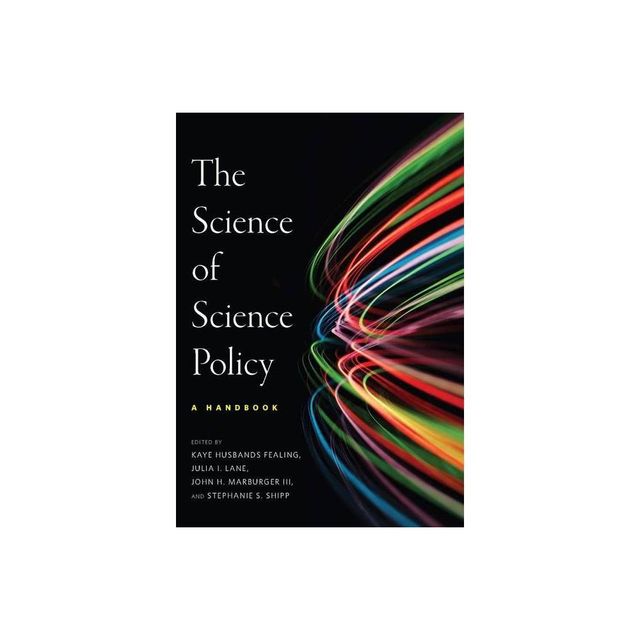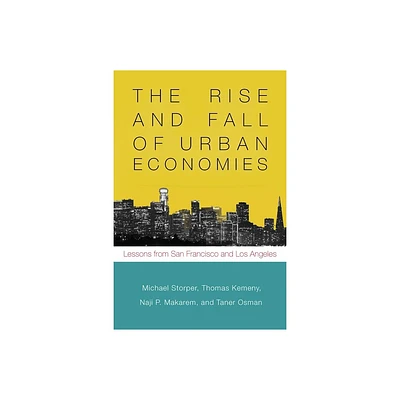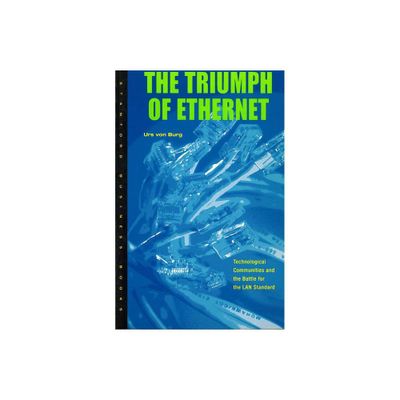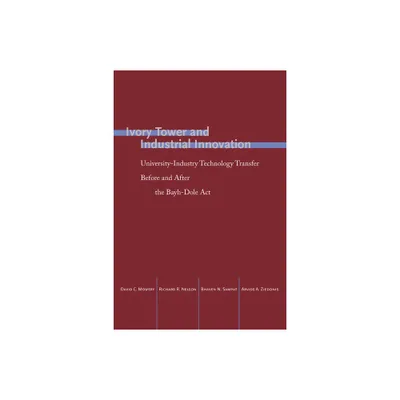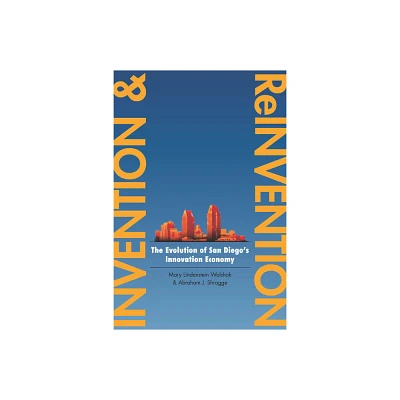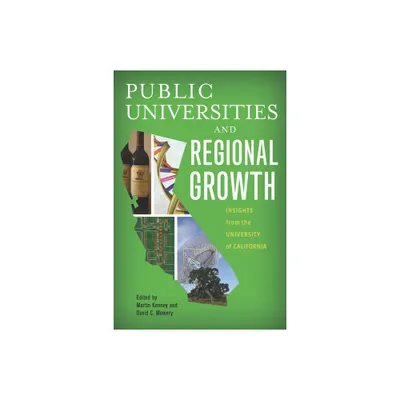Home
Innovation Matters: Competition Policy for the High-Technology Economy
Loading Inventory...
Barnes and Noble
Innovation Matters: Competition Policy for the High-Technology Economy
Current price: $40.00


Barnes and Noble
Innovation Matters: Competition Policy for the High-Technology Economy
Current price: $40.00
Loading Inventory...
Size: Paperback
*Product Information may vary - to confirm product availability, pricing, and additional information please contact Barnes and Noble
A proposal for moving from
price-centric
to
innovation-centric
competition policy, reviewing theory and evidence on economic incentives for innovation.
Competition policy and antitrust enforcement have traditionally focused on prices rather than innovation. Economic theory shows the ways that price competition benefits consumers, and courts, antitrust agencies, and economists have developed tools for the quantitative evaluation of price impacts. Antitrust law does not preclude interventions to encourage innovation, but over time the interpretation of the laws has raised obstacles to enforcement policies for innovation. In this book, economist Richard Gilbert proposes a shift from
competition policy. Antitrust enforcement should be concerned with protecting incentives for innovation and preserving opportunities for dynamic, rather than static, competition. In a high-technology economy, Gilbert argues, innovation matters.
Gilbert considers both theory and available empirical evidence on the relationships among market structure, firm behavior, and the production of new products and services. He reviews the distinctive features of the high-tech economy and why current analytical tools used by antitrust enforcers aren't up to the task of assessing innovation concerns. He considers, from the perspective of innovation competition, Kenneth Arrow's “replacement effect” and the Schumpeterian theory of market power and appropriation; discusses the effect of mergers on innovation and future price competition; and reviews the empirical literature on competition, mergers, and innovation. He describes examples of merger enforcement by US and European antitrust agencies; examines cases brought against Microsoft and Google; and discusses the risks and benefits of interoperability standards. Finally, he offers recommendations for competition policy.
The open access edition of this book was made possible by generous funding from Arcadia – a charitable fund of Lisbet Rausing and Peter Baldwin.
